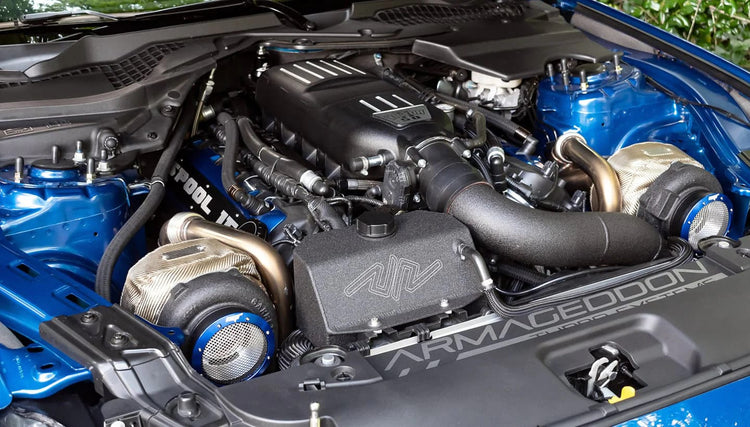How a Dirty Air Filter Affects Engine Performance:
Keeping a car running smoothly—especially one with a turbocharged engine—involves more than just oil changes and tire rotation. One critical component often overlooked is the air filter. The impact of a dirty air filter on engine performance is significant and understanding this can help maintain the engine in good condition
Understanding Air Filters and Engine Performance:
Air filters play a crucial role in maintaining engine health by trapping dirt, dust, and other debris, preventing them from entering the engine. This is especially important for turbocharged engines, which rely on a consistent and clean airflow to maximize power and efficiency. Contaminated air entering the engine can significantly diminish its performance.
Effects of a Dirty Air Filter on Engine Performance:
Reduced Airflow:
The most direct effect of a dirty air filter is reduced airflow to the engine. As the filter becomes clogged, it restricts the amount of air entering the engine. This is particularly detrimental for turbocharged engines, which need a constant flow of clean air to function optimally. Insufficient air supply means the turbocharger cannot operate at full capacity, leading to a noticeable decrease in performance and efficiency.
Increased Engine Strain:
When airflow is restricted, the engine must work harder to draw in the necessary air for combustion. This increased strain can cause the turbocharger and other engine components to overheat. Over time, this added stress can lead to more wear and tear, resulting in more frequent repairs and a potentially shorter lifespan for both the turbocharger and the engine itself.
Fuel Efficiency and Performance:
A dirty air filter negatively impacts fuel efficiency. When the engine doesn't receive adequate airflow, it compensates by burning more fuel to generate the same amount of power. This not only reduces miles per gallon but also increases fuel expenses. Additionally, you may experience a decrease in overall performance, such as slower acceleration and reduced responsiveness.
Identifying a Dirty Air Filter:
For smooth engine performance, it's essential to recognize when your air filter needs attention. Common symptoms of a dirty air filter include:
- Reduced power and acceleration.
- Unusual engine noises, such as sputtering or coughing.
- Visible dust or debris on the air filter.
Regular inspections can help identify a dirty air filter before it causes significant issues. It's generally recommended to check air filters every 12,000 to 15,000 miles, although this can vary depending on driving conditions and manufacturer recommendations.
Air Filter Maintenance for Optimal Engine Performance:
Regular Inspections:
Regularly inspecting your air filter is crucial. Aim to check it at least every six months, or more frequently if you drive in dusty or dirty environments. Replacing the air filter when it appears dirty or after the recommended mileage can prevent many performance problems.
Choosing the Right Filter:
Not all air filters are created equal. When it's time to replace your air filter, consider the different types available:
● Paper Filters: These are inexpensive and common but need to be replaced frequently.
● Foam Filters: These offer better airflow and are reusable if properly cleaned.
● High-Performance Filters: These provide superior filtration and better airflow, ideal for turbocharged engines.
DIY Maintenance Tips:
Maintaining your air filter doesn't always require a visit to the mechanic. Here’s a simple step-by-step guide for changing or cleaning your air filter:
- Locate the Filter: Typically housed in a rectangular box at the front of the engine
- Open Filter Housing: Release the clips or screws holding the housing shut.
- Remove the Old Filter: Take out the dirty filter and inspect it.
- Clean or Replace the Filter: Follow the manufacturer’s instructions if it's washable; otherwise, replace it with a new one.
- Reassemble: Place the clean or new filter inside and secure the housing.
Keeping your air filter clean can save you from significant engine trouble and ensure your engine runs efficiently and effectively.

